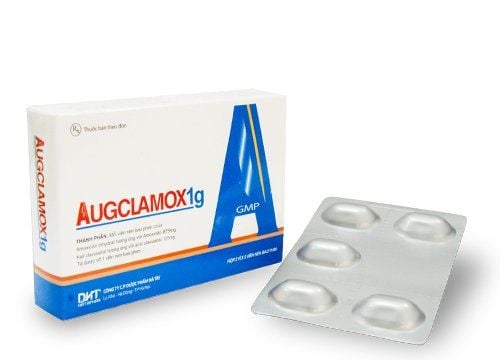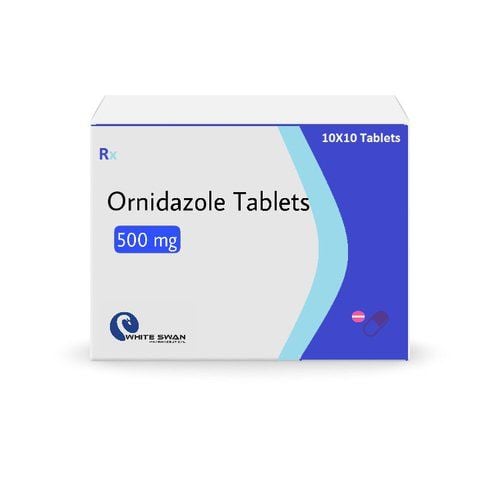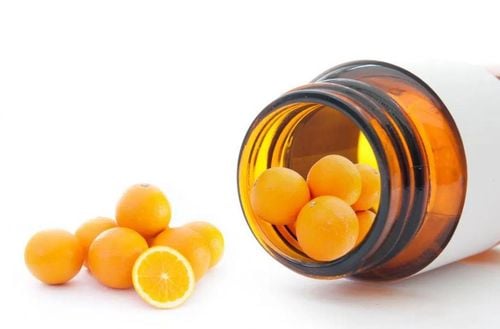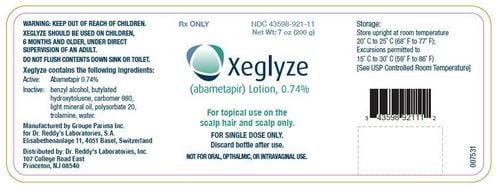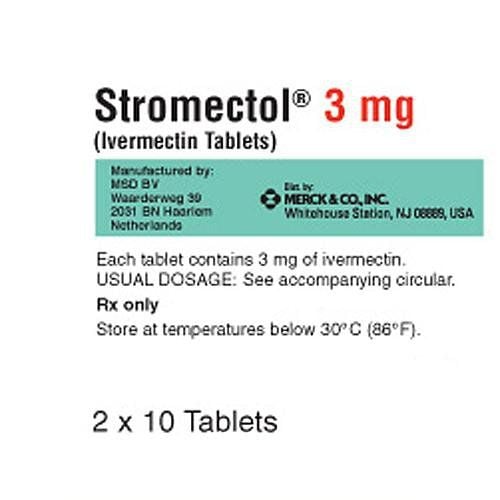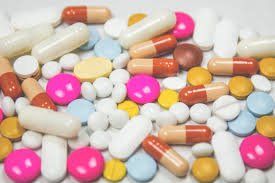This is an automatically translated article.
About 60% of our body is water and drinking water is extremely important for a healthy diet. One of the emerging trends in late 2017 and early 2018 was selling “raw water”. So is raw water really as good as advertised by the manufacturers?
Raw water is unfiltered, purified or treated water bottled directly from a natural spring source. Some manufacturers advertise the safety of raw water as distinct from chemically purified water, which maintains natural probiotics that aid digestion and promote good health.
However, scientists and government officials expressed concern about untreated water. Raw water may be an example where “natural” is not necessarily better. It has also been suggested that raw water offers no discernible health benefits compared to a healthy diet that includes drinking tap or bottled water.
1. Potential hazards of raw water
Sanitation authorities and water manufacturers add chemicals to drinking water from tap or bottled water to kill any bacteria and parasites that may be naturally present in the water, including salmonella , E.Coli and Giardia .
These pathogens can cause abdominal pain, diarrhea and vomiting. Older adults and children are most at risk because their immune systems are not strong enough to fight the dangers of pollution.
Since it is an untreated water source, raw water may contain some pathogens. Although manufacturers choose uncontaminated water sources for bottling, raw water can still contain bacteria, parasites, chemicals, and other pathogens.
Most importantly, users need to carefully choose products that comply with regulations of authorities such as FDA.
2. Potential benefits of raw water
Raw water advocates believe that by disinfecting and filtering water with chemicals that destroy the natural minerals and beneficial bacteria present in the water, people can live healthier lives thanks to improved digestive system function.
Proponents of raw water believe that it contains more electrolytes and minerals than bottled water, including:
Calcium Copper Lithium Magnesium Potassium Silicon Sodium These people also identify raw water as alkaline water. “alkaline”, which, they say, acts as an antioxidant, and reduces oxidative cell damage.
However, there are no recent studies showing the health and physical benefits of alkaline water compared to more acidic waters
Some people find raw water taste better or less acidic. Drinking makes them feel better, however, taste is a subjective feeling, and there are no studies that prove raw water tastes better or worse than treated water.
On the contrary, there are many studies showing the harmful effects of drinking untreated water, making users consider carefully which product to choose.
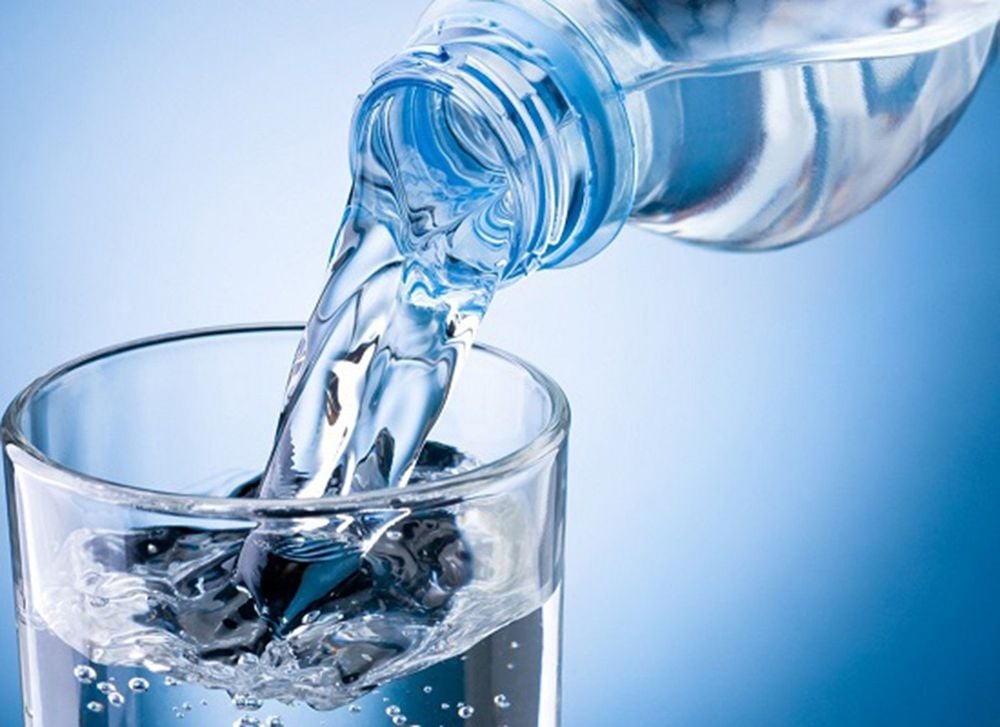
Nước thô chứa nhiều chất điện giải và khoáng chất
3. Safe drinking water
Before the development of public drinking water systems and water treatment centers, communities had seen epidemics of water-borne typhoid and cholera, which spread through untreated water. physical.
4. Is the water treatment safe?
Water is treated to remove many harmful pollutants. According to The Times, most tap water used in the community is treated to remove about 91 harmful agents.
Many people expressed concern about the water treatment method. For example, for decades, people have added mineral fluoride to public water supplies to support roast health. Some people think that excess fluoride can cause harm, such as thyroid disease or impaired brain function. However, there is currently no evidence that fluoride is harmful at the levels currently used in public water systems.

Nước được xử lý nhằm loại bỏ nhiều tác nhân ô nhiễm có hại
5. Is bottled water a better option?
Some people choose to drink only bottled water to avoid possible chemicals and consider bottled water safer than tap water. According to the International Bottled Water Association (ABWA), approximately 48.5 billion liters of bottled water were sold in the US market alone in 2016, more Americans consumed bottled water than milk, coffee or tea.
FDA has regulations on bottled water, including raw water, to some extent. According to the CDC, FDA makes the following considerations for bottled water:
Meets standards similar to those set by the Environmental Protection Agency (EPA) for tap water. Bottled water manufacturers are also required to follow FDA's GMP standard of good manufacturing practice when producing, bottling, and selling their water. It is not easy for consumers to determine whether tap, bottled or raw water is safe to drink because most of these products look similar, not to mention may contain potentially infectious microorganisms. .
Although there have been cases where bottled water has led to outbreaks of disease-causing bacteria, the percentage of contaminated drinking water has been very small since the beginning of water treatment.
Raw water is a fairly new phenomenon, and as such, there hasn't been enough research to determine if it can provide any long-term health benefits.
So far, raw water is a controversial rookie to the drinking water market. According to NBC News, raw water is not only a questionable commodity but also very expensive, with some 10-liter glass bottles selling for as much as $60.99.
Ultimately, it's up to an individual to decide what kind of water they want to drink. If a person chooses to drink raw water, it is essential that they understand the potential risks that this water can carry, such as infectious microorganisms.
For those who are looking to stay away from chemicals of all kinds, it is important to choose products from reputable companies. Raw water may be used for short periods of time, to see if that works, and may not cause any harm. More research will be needed to examine the health benefits of drinking water.
Please dial HOTLINE for more information or register for an appointment HERE. Download MyVinmec app to make appointments faster and to manage your bookings easily.
References: mayoclinic.org, medicalnewstoday.com, healthline.com




